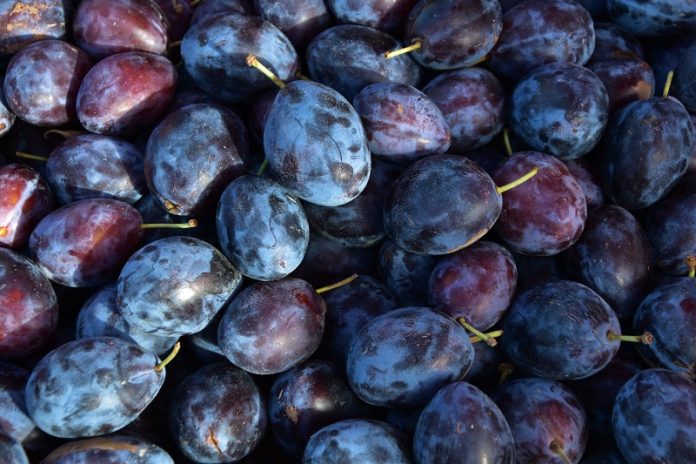
Prunes are dried plums that contain essential nutrients such as vitamin B6, manganese, and copper.
They are a source of antioxidants and vitamins that support normal energy release from food.
Regular consumption of prunes can provide numerous health benefits due to their high content of vitamins and antioxidants.
The Link Between Fruits and Vegetables and Blood Pressure
Previous research has shown that fruits and vegetables can help lower blood pressure.
This is not only due to the antioxidants present in these foods but also because of other factors that contribute to reduced systolic and diastolic blood pressure.
Understanding Blood Pressure
Blood pressure is measured using two numbers. The first number, systolic blood pressure, indicates the pressure in arteries during heartbeats.
The second number, diastolic blood pressure, represents the pressure in arteries when the heart rests between beats.
Scientists from the Shifa College of Medicine conducted a study to examine the potential protective effects of prunes on heart health.
The study involved 259 participants with systolic blood pressure ranging from 120 to 139 mmHg and diastolic blood pressure ranging from 80 to 89 mmHg.
Participants were divided into different groups. The treated groups consumed prune juice and whole prunes, either 3 or 6 prunes per day.
The control group consumed only plain water on an empty stomach in the morning. Blood pressure was recorded fortnightly for 8 weeks, and blood samples were collected at the beginning and end of the study.
Study Findings
The research team observed a significant reduction in blood pressure among participants who consumed a single daily dose of prunes (3 prunes).
Those who consumed a double dose of prunes (6 prunes) experienced a strong reduction in systolic blood pressure.
Additionally, the control group showed increased levels of HDL (good cholesterol) in the blood, while the test groups exhibited reduced cholesterol and LDL (bad cholesterol).
Higher levels of HDL cholesterol can lower the risk of heart disease and stroke, whereas elevated LDL cholesterol increases the risk of these conditions.
Conclusion and Limitations
The study suggests that incorporating prunes into the diet may help control high blood pressure and offer protective effects on heart health.
However, one limitation of the study is that participants may have had different stages of high blood pressure.
The effects of prunes on different groups with varying levels of high blood pressure remain unclear and require further investigation.
Furthermore, the study did not explore the effects of prunes on individuals with more severe high blood pressure.
More research is needed to address these questions and provide a clearer understanding of the potential benefits of prunes on heart health.
The study, conducted by Talat Ahmed et al., was published in the Journal of Ayub Medical College.
If you care about blood pressure, please read studies about unhealthy habits that could increase high blood pressure risk, and people with severe high blood pressure should reduce coffee intake.
For more information about blood pressure, please see recent studies that early time-restricted eating could help improve blood pressure, and results showing plant-based foods could benefit people with high blood pressure.
Copyright © 2023 Scientific Diet. All rights reserved.








